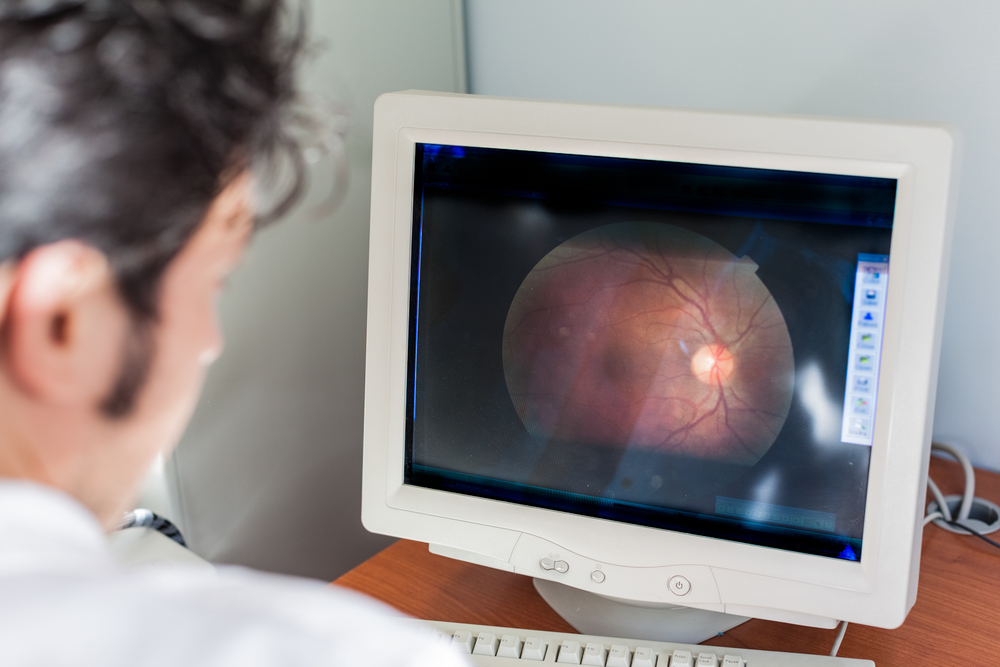Visiting your local optometrist to find out that your prescription has deteriorated by half a diopter, (and meaning you need to buy new glasses), is a minor inconvenience in life (as this writer recently found out). Keeling over while walking down the street due to myocardial infarction, also known as a heart attack, is certainly a more serious form of inconvenience.
Myocardial infarctions can occur with very little warning and certainly hold the capacity to ruin one’s day (or life), and as such feature prominently in the public’s mind. There is widespread awareness about the condition’s basic symptoms, (i.e., sudden pain in the chest and the left arm, shortness of breath, weakness, and a sense of anxiety), yet preventative action via healthy lifestyle choices still falls behind. Western sedentary lifestyles, combined with poor diets, alcohol and tobacco use, and all those other fun things, makes these individuals more likely to experience a myocardial infarction.
So, does the discerning physician bank that patients will make significant and positive lifestyle changes (no judgment here, the writer is from Glasgow and enjoys the local delicacy of deep-fried pizza), or instead, improve screening? And could ophthalmologists also play a role in preventing this most inconvenient attack?
It might sound a little far-fetched, but screening eye patients for myocardial infarctions could become reality.
Artificial intelligence (AI) has the potential to transform screening and diagnosis in ophthalmology, and we recently published an article about how optical coherence tomography (OCT) is being used to detect the signs of Alzheimer’s disease. These developments may have seemed unthinkable a mere decade ago, so while predicting the occurrence of myocardial infarction via retinal scans may be a tad outlandish, it’s certainly worth investigating. This is the technique that was studied by a group of researchers based at the University of Leeds (U.K.), supervised by Diamond Jubilee Chair in Computational Medicine at the University of Leeds and Turing Fellow at the Alan Turing Institute, Prof. Alejandro Frangi.
The paper, Predicting Myocardial Infarction Through Retinal Scans and Minimal Personal Information1 was published in the journal, Nature Machine Intelligence, and examines how retinal scanning could prevent cases of heart attacks. The study points out that biomarkers on retinal images like retinal blood vessel density or tortuosity are associated with cardiac function and may identify patients at risk of coronary artery disease. The researchers used retinal images, alongside relevant patient metadata, to estimate left ventricular mass and left ventricular end-diastolic volume, and then predict incident myocardial infarction.

Retinal Screening in Your Clinic
The researchers used a trained multichannel variational autoencoder and a deep regressor model to estimate left ventricular mass and left ventricular end-diastolic; it could also predict the risk of myocardial infarction, using only the retinal images and demographic data. The AI-based system was found to have an accuracy of between 70 and 80% and reportedly could be used as a second referral mechanism for in-depth cardiovascular examination. In the study’s concluding remarks, the researchers stated that their “results indicate that one could identify patients at high risk of future myocardial infarction from retinal imaging available in every optician and eye clinic.”
“This technique opens up the possibility of revolutionizing the screening of cardiac disease. Retinal scans are comparatively cheap and routinely used in many optician practices,” Prof. Frangi said.
“As a result of automated screening, patients who are at high risk of becoming ill could be referred for specialist cardiac services, and the system could also be used to track the early signs of heart disease,” he added.
Will retinal screening for myocardial infarctions and other conditions related to heart disease become a common feature of ophthalmology clinics? Any development that would help to stem the growing tide of heart-related health problems around the world would for sure be welcome, especially if they are easy to integrate into working practices as the study indicates. In the meantime, quit smoking, drink less, exercise and avoid those deep-fried pizzas.
Reference
- Diaz-Pinto A, Ravikumar N, Attar R et al. Predicting Myocardial Infarction Through Retinal Scans and Minimal Personal Information. Nature Machine Intelligence. 2022;4:55–61



